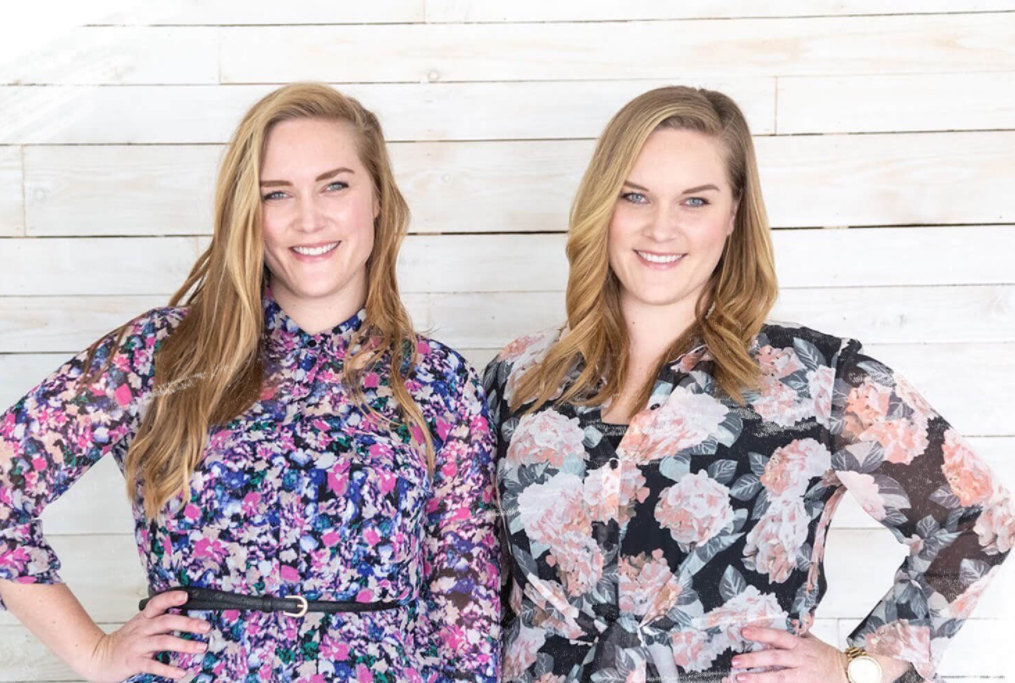The second spring workshop for the Utah Women and Leadership Project (UWLP), in conjunction with USU Extension, was hosted on Thursday evening via Zoom. The desire of the UWLP is to strengthen the impact of Utah girls and women.
This workshop, entitled “More Than a Body: Building Body Image Resilience,” worked to help women build themselves up in their own minds. The workshop was led by Lindsay and Lexie Kite, identical twin sisters that received their PhD’s from the University of Utah and have conducted academic research on media studies and body image.
This inspired them to establish Beauty Re-Defined in 2009 and they work to help women recognize and reject negative thoughts about their body, minds and more. The duo has spoken many times at schools and spent many years developing research, activism, creating a following online and working to be able to refine perspective and understanding over several years.
Their most recent venture is a book that they published titled “More Than a Body: Your Body is an Instrument, Not an Ornament.” They stated that growing up, they were deeply competitive. Over the years, hearing all of the twin comparisons and having their differences pointed out created a lot of shame in the supposed flaws of their bodies.
This grew into a resentment of themselves that they were unaware they were cultivating. Once they were in college, they began to recognize their patterns and reverse them. They have often been asked how their approach to body imagine differs from others. The Kites know that it is a saturated market and there are a lot out there trying to help women feel better in their bodies.
Body positivity is growing in the forefront of minds and attention. The twins recognize that there is a big gap in understanding and in the market where people put so much focus on beauty without understanding that is the problem; women’s looks are believed to be the key to their worth and value.
“What we really want you to know is that you are more than beautiful, that your life opens up when you are able to see more in yourself than that,” stated Lindsay.
Positive body image is not believing that your body looks good; it’s knowing that your body is good regardless of how it looks. The difference in that, according to the Kites, can really move the conversation forward. The focus is that a person is more than a body, and they knew that once. Starting out as a child, the self-conscious feelings that teens and adults cultivate does not generally exist.
Objectification and views of others sneak into all lives from friends, media and more, which leads to self-objectification and creates a mental self-task in lives. Lexi remarked that this doubles a person, making them live and simultaneously picture themselves living. Instead of thinking of needed things, people worry about how they look and what people think of how they look.
“Self-objectification hurts us in every conceivable way,” Lexie stated.
These mental self-tasks make performance worse in many aspects, such as testing, exercising and singing. They explained that in every way, when an individual self-objectifies, they lose. When asking how women feel about themselves, the majority of them remarked on how their bodies looked rather than an inner perspective.
The Kites discourage these feelings and call their tactic “Rising With Resilience” with four sources of power. The first is Mental Might and how to harness it. Regarding media and companies’ target ads for women, the bottom line of differences and expectations for females comes down to one thing: money. The Kites urge all to be critical and question every message coming through.
The sister urge women to reclaim how media is used and how it serves by no longer being a passive consumer. Work to step away from the things that help to picture living rather than actually living, which helps to take the power back.
The second source of power is Physical Fortitude, which was found to be overwhelming in all body image research. Linsday remarked that if a person wants to feel better, they need to use their body rather than just looking at it. From a young age, we are taught to view health from an external perspective and believe that it gives a clear picture of how one is doing. Health is not determinate of a certain number.
“We need to be aware of personalizing our health, not objectifying it,” stated Lindsay. The mantra that the Kites wish for all to take away is “my body is an instrument, not an ornament,” which is a simple statement to repeat and use as much as possible.
The last two sources of power are Social Skillfulness and Spiritual Strength, which work to show that most people only show their highlight reels and there is a desperate need for people to be able to open up and connect with their holistic selves. The Kites acknowledged that all will find their peace differently and it is important to figure out what works for oneself.
They concluded their presentation by telling all to prioritize the way that they experience the world, not the way that the world experiences them. Information on Beauty Redefined and ways to purchase “More Than a Body: Your Body is an Instrument, Not an Ornament” may be found here.

